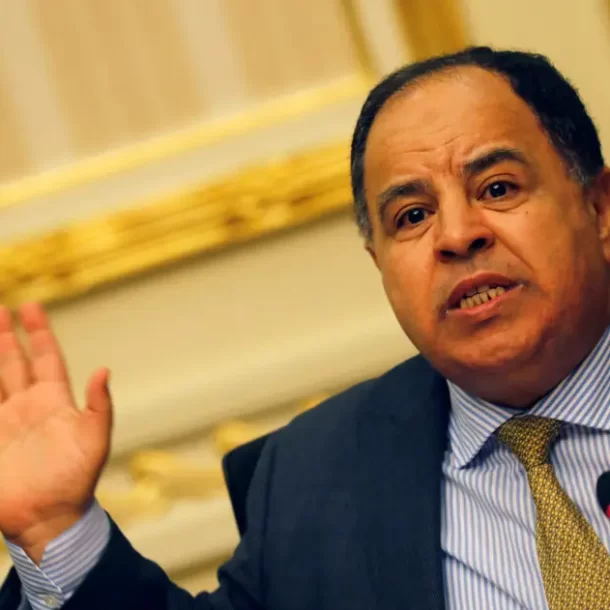
Egypt’s inflation eases to 33.3% in March
Egypt’s annual urban consumer price inflation rate slowed to a lower-than-expected 33.3 percent in March from 35.7 percent in February, data from the country’s statistics agency Capmas showed on Monday.
Month-on-month, prices rose by one percent in March, down from 11.4 percent in February.
A poll of 12 analysts had expected annual inflation to climb to a median 36.3 percent as prices adjusted to a currency devaluation as well as an interest rate hike in early March and an increase in fuel prices two weeks later.
“While we don’t anticipate any further interest rate hikes, cuts won’t come onto the agenda until deep into 2025,” said James Swanston, Middle East and North Africa economist at Capital Economics.
The central bank on March 6 allowed the Egyptian pound to fall to about 50 to the dollar from 30.85, where it had been fixed for the past 12 months. It has since strengthened to 47.60 per dollar.
The government raised prices on a wide range of fuel products on March 22 as it pressed ahead with a commitment made to the International Monetary Fund more than a year earlier to allow most domestic prices to rise to international levels.
Inflation has been elevated for the past year, driven largely by rapid growth in the money supply. Annual inflation reached a historic high of 38 percent in September.
Food prices edged up by a monthly 0.7 percent in March after having jumped by 15.9 percent in February. On an annual basis, food prices rose by 45 percent in the year to March.
Source: Trade Finance

